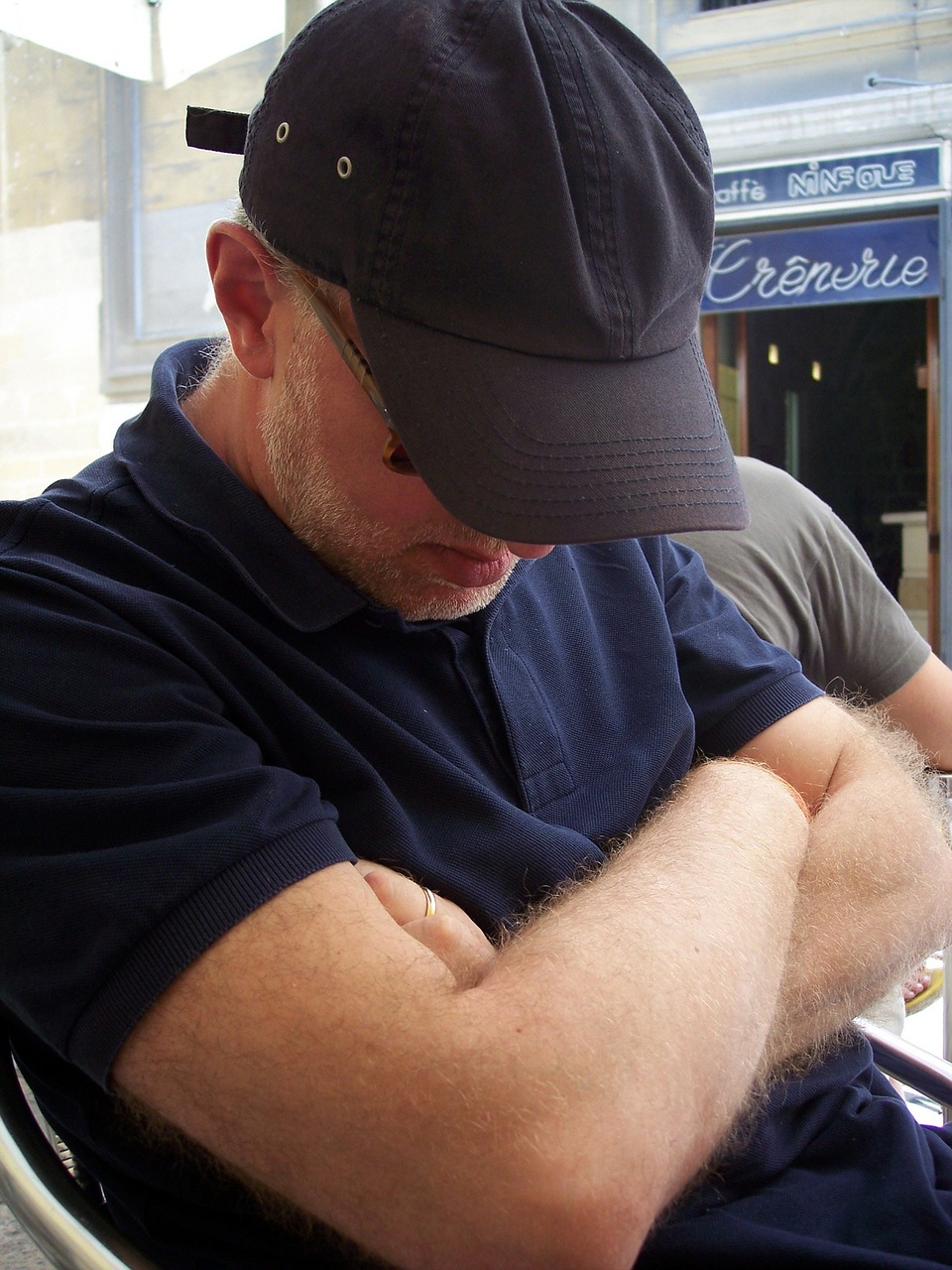Do you frequently doze off without realising it? You may be experiencing a micro-sleep. In this blog, we’ll break down exactly what a micro-sleep is and what you can do to help.
What is a micro-sleep?
A micro-sleep refers to a temporary period of sleep lasting anywhere between a couple of seconds to a minute. They happen suddenly and without conscious intent. Individuals tend to become unresponsive to some sensory input, like someone calling your name or tapping you on the shoulder. It could happen while you’re watching TV, eating, or while you’re doing an important task. Signs that you’re experiencing a micro-sleep include excessive yawning, muscle twitches, brief periods of snoring and struggling to keep your eyes open.
The most frequent cause of a micro-sleep is sleep deprivation. Often, an underlying condition such as insomnia, sleep apnea or narcolepsy is tied to micro-sleeping, worsening the effects of sleep deprivation. It’s a sign that your regular night’s sleep is interrupted or insufficient.
What are the risks?
Micro-sleeps can impact cognitive functions such as memory, decision-making, and response time. The danger of micro-sleeping is losing focus while performing tasks that require attention. According to Loughborough University’s Sleep Research Centre, 45 percent of men and 22 percent of women experience micro-sleeping while driving. This frightening statistic demonstrates the risks posed by micro-sleeping to your health and those around you.
What can you do to help?
If an underlying condition is causing you to micro-sleep, you need to address it as the root of the problem. Consult a medical professional for advice if required.
If you know you’ll need your full concentration to perform a task, rest up beforehand. A planned nap can help increase your alertness. If you recognise the signs of a micro-sleep, you can listen to upbeat music and keep your body moving to help stimulate your brain and retain your attention.
If you think your sleep apnea is causing your micro-sleeping, an effective CPAP mask could help tackle your sleep deprivation. Talk to our experts at ApneaSeal today to get your 3D fitted mask and apnea machine.

